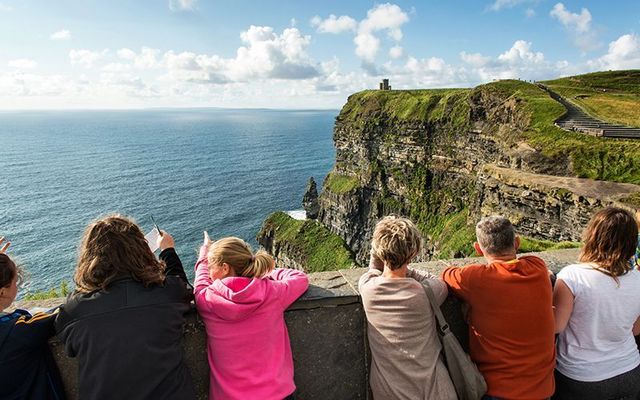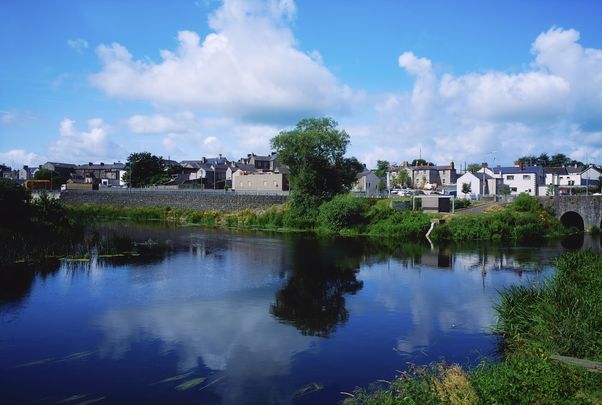LOS ANGELES – Filming animals in their native habitats lets directors and cinematographers tell a multitude of stories. “If you’re looking for a love story, you’ve got that. If you’re looking for a horror story, you’ve got that.
Action, you’ve got that,” says Anna Dimitriadis, a wildlife cinematographer working in Africa. “It hits you when you least expect it. You drive out in the morning and you have absolutely no idea what you’re going to see.

” For the PBS series, “Big Cats 24/7,” Dimitriadis and others find those stories from their base camp. The goal is to help viewers understand what the animals are like – even when the cameras aren’t rolling. New technology enables cinematographers to get closer to cats to understand their behavior.
It's demonstrated in the series, "Big Cats 24/7," on PBS. PBS Because they now have cameras that enable them to shoot during the night, those photographers can “peel back the curtain on a bit of their lives that we may have seen little glimpses of,” says Rowan Crawford, the series’ producer. The cameras are portable, have stabilized technology and long-lens capabilities.
“Military grade technology allows us to see extremely far and in detail (in ways) we’ve just never seen before.” People are also reading..
. Among the discoveries: Cheetahs are “scaredy cats,” Dimitriadis says from the camp in Africa. “They’re scared of everything, particularly lions, and we’ve got one of the biggest lion prides here in the world.
That means they’re so hard to find, but if you have a thermal camera on them throughout the night, you get to see them curling up to sleep in the morning.” To preserve heat – because they don’t have a lot of meat on their bones – cheetahs wrap themselves into a little ball. Lone Xudum lioness, Matho, must take her cubs with her when she looks for food.
PBS/BBC “There’s some incredible behavior that we see and it’s that nuance about the animals that we find fascinating...
and this technology has given us insight into,” says Brad Bestelink, another wildlife cinematographer. “Big Cats 24/7,” done in partnership with the BBC and BBC Studios Natural History Unit, shows how lions, leopards and cheetahs live in Botswana’s wild Okavango Delta. From their base, Bestelink, Dimitriadis and Gokongwei Seetsele Nithomiwa, another cinematographer, set out to tell a multitude of stories.
The camp houses approximately 40 people at one time. It has modern conveniences and extremely close proximity to the animals. “We constantly have leopards, lions and elephants coming through the camp,” Bestelink says.
“Once you’re in your rooms, you’re completely safe. We have a lot of traffic through here and we love it and encourage it.” Listen now and subscribe: Apple Podcasts | Google Podcasts | Spotify | RSS Feed | SoundStack Living in the bush, he says, is all about respect.
“As long as you are treating them with respect and the environment with respect, you’re able to mitigate any confrontation...
and you don’t have anything that tempts them.” Anna Dimitriadis is among the wildlife cinematographers shooting for "Big Cats 24/7." PBS/BBC For safety, trucks are equipped with fire extinguishers “in the event a cat comes too close,” Crawford says.
“A fire extinguisher is a very useful deterrent, according to the scientific community.” While wildlife cinematographers are common in Africa, they’re not all telling the same story. Much, Bestelink says, depends on the animals’ personalities.
“I never get tired of telling narratives about individual characters and never feel the pressure that we’ve got to invent something new. There’s always an individual story to be told.” Botswanan cinematographer Gaokgonwe Seetsele Nthomiwa films the Xudum Pride lions tree climbing in "Big Cats 24/7.
" PBS/BBC In “Big Cats 24/7,” viewers also get to see those cinematographers and hear their stories. Often, Dimitriadis says, wildlife photographers set out to capture a specific sequence or event. “Because we’re with them all day, every day, we’re experiencing completely new behaviors and you definitely don’t need to make anything up.
” Big cats, according to Nthomiwa, feel comfortable letting their personalities show through. “They feel safe enough to do that in front of you and you feel safe enough to follow them through this beautiful landscape.” “Big Cats 24/7” begins Sept.
18 on PBS. Stay up-to-date on what's happening.



















